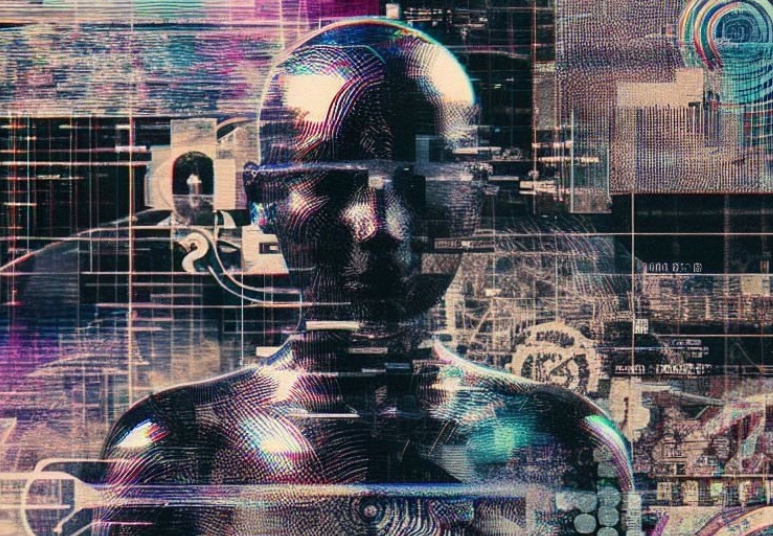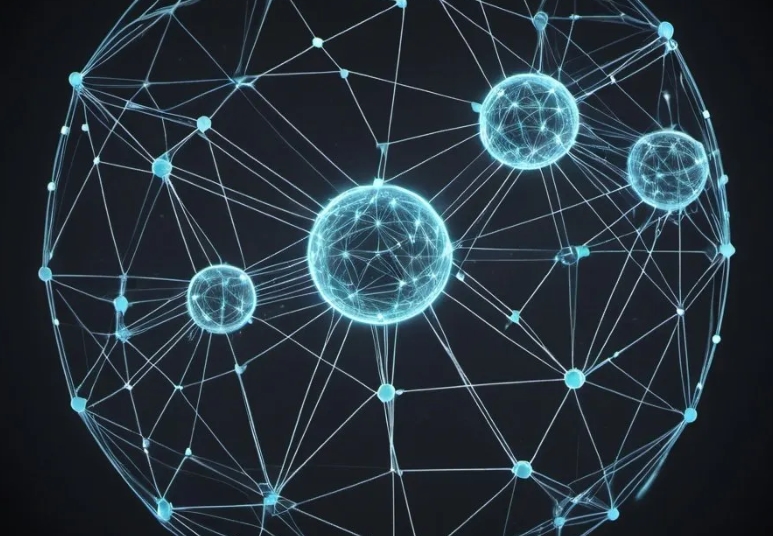
The Convergence of Blockchain and AI: A Technological Revolution
The fusion of blockchain technology and artificial intelligence (AI) is creating a new frontier of innovation, promising to revolutionize industries and solve complex problems. This intersection offers unique opportunities to enhance security, transparency, and efficiency across various sectors.
Key Areas of Integration
1. Decentralized AI
Concept: Leveraging blockchain to create decentralized AI systems that are more transparent, secure, and resistant to manipulation.
Applications: 1. Federated learning platforms 2. Decentralized autonomous organizations (DAOs) for AI governance 3. Blockchain-based marketplaces for AI models and datasets
2. Enhanced Data Security and Privacy
Blockchain's Role: Providing a secure, immutable ledger for AI-generated data and model parameters.
AI's Role: Developing advanced encryption and privacy-preserving techniques for blockchain networks.
Benefits: 1. Improved data integrity 2. Enhanced protection against cyber attacks 3. Compliance with data privacy regulations
3. Smart Contracts and AI
Concept: Integrating AI capabilities into smart contracts to create more intelligent and adaptive blockchain-based systems.
Use Cases: 1. Automated contract negotiations 2. Dynamic pricing mechanisms 3. Intelligent supply chain management
4. Blockchain for AI Transparency
Challenge: Addressing the "black box" problem in AI decision-making.
Solution: Using blockchain to record and audit AI model decisions and training processes.
Impact: 1. Increased accountability in AI systems 2. Easier detection of bias and errors 3. Enhanced trust in AI-powered applications
5. AI-Optimized Blockchain Networks
Concept: Utilizing AI algorithms to improve the performance and efficiency of blockchain networks.
Applications: 1. Intelligent consensus mechanisms 2. Adaptive scaling solutions 3. Predictive maintenance of blockchain infrastructure
Emerging Use Cases
Healthcare
Integration: Combining blockchain's secure data sharing capabilities with AI's diagnostic prowess.
Benefits: 1. Improved patient data privacy 2. Enhanced clinical decision support 3. Streamlined medical research collaboration
Financial Services
Application: AI-powered fraud detection on blockchain-based financial platforms.
Advantages: 1. Real-time threat detection 2. Reduced false positives 3. Improved regulatory compliance
Supply Chain Management
Solution: AI-driven predictive analytics on blockchain-secured supply chain data.
Outcomes: 1. Optimized inventory management 2. Proactive risk mitigation 3. Enhanced traceability and transparency
Challenges and Considerations
- Scalability: Ensuring blockchain networks can handle the data volume generated by AI systems.
- Interoperability: Developing standards for seamless integration between different blockchain and AI platforms.
- Ethical considerations: Addressing potential biases and ensuring responsible use of AI in blockchain ecosystems.
- Energy consumption: Balancing the computational demands of both technologies with sustainability goals.
- Regulatory compliance: Navigating the evolving legal landscape surrounding both blockchain and AI.
Future Outlook
The convergence of blockchain and AI holds immense potential for transforming industries and solving global challenges. As these technologies continue to evolve, we can expect to see:
- More sophisticated decentralized AI ecosystems
- Enhanced privacy-preserving techniques for AI on blockchain
- Increased adoption of AI-powered smart contracts
- Novel applications in emerging fields like the Internet of Things (IoT) and edge computing
By embracing the synergies between blockchain and AI, organizations can unlock new levels of innovation, efficiency, and trust in their operations. As this technological revolution unfolds, it will be crucial to address challenges responsibly and ethically to harness the full potential of this powerful combination.

